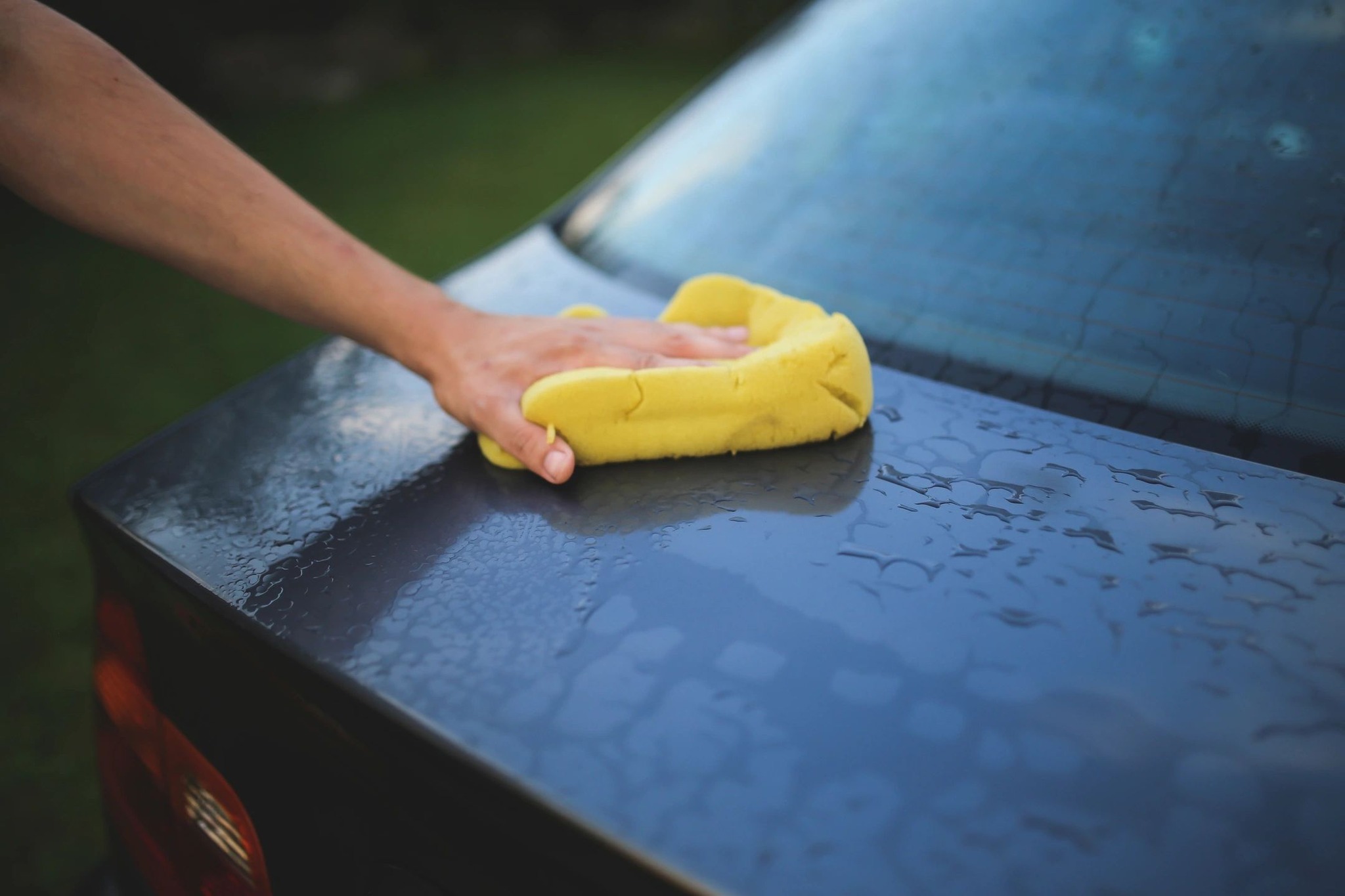
Why Hand-Wash is Better Than Automated Car Wash
Keeping your car clean is a common goal for most car owners. While automated car washes offer undeniable convenience and speed, they often fall short when compared to the meticulous care provided by a proper hand-wash. For those who truly value their vehicle's appearance, paint integrity, and long-term health, understanding the advantages of hand-washing is key.
Here are the compelling reasons why a hand-wash often triumphs over an automated car wash:
1. Superior Cleaning Quality
Hand-Wash: Allows for a detailed, targeted clean. You can pay close attention to intricate areas like grilles, wheel wells, door jambs, and around emblems where dirt and grime tend to accumulate. You can also tailor the cleaning products and techniques to specific types of dirt or contaminants (e.g., bug splatter, tar, bird droppings).
Automated Car Wash: Uses a generalized approach. Brushes may not reach all crevices, and high-pressure sprays can miss stubborn spots, leaving behind residual dirt and film.
2. Reduced Risk of Paint Damage (Swirls and Scratches)
Hand-Wash: When done correctly with clean microfiber mitts, a two-bucket method, and proper lubrication, hand-washing significantly minimizes friction and the risk of dragging abrasive dirt particles across the paint. This reduces the chances of creating swirl marks, fine scratches, and paint marring.
Automated Car Wash: The large brushes and cloths used in automated washes often retain dirt and grit from previous cars. These abrasive particles are then slapped and dragged across your car's paint, acting like sandpaper and creating visible swirl marks and scratches, especially on darker vehicles. Even "touchless" washes, while avoiding brushes, use very high-pressure water and strong chemicals that can strip waxes and potentially dull the finish over time.
3. Preservation of Wax and Sealants
Hand-Wash: Allows you to use pH-neutral car soaps specifically designed to clean without stripping off these protective layers. This helps prolong the life of your wax or sealant, maintaining the paint's gloss and hydrophobic properties.
Automated Car Wash: Often uses aggressive detergents and high-pH chemicals that quickly strip away waxes and sealants. While some offer "wax" applications, these are usually thin, temporary rinses that don't provide the same level of protection or durability as a hand-applied product.
4. Personal Attention and Inspection
Hand-Wash: As you wash, you're in close contact with your car's surface. This allows you to identify minor dings, paint chips, surface imperfections, or even early signs of rust that might go unnoticed in an automated wash. This early detection can save you from more significant repair costs down the line.
Automated Car Wash: You're largely disconnected from the process, making it impossible to monitor the cleaning effectively or spot new damage that might occur during the wash itself.
5. Control Over Products and Techniques
Hand-Wash: You can choose high-quality, paint-safe car shampoos, specialized wheel cleaners, bug and tar removers, and soft drying towels. You control the water pressure, the amount of scrubbing, and the sequence of cleaning, ensuring a gentle yet effective wash tailored to your car's needs.
Automated Car Wash: You have no control over the chemicals, water quality, brush condition, or drying methods used, all of which can be detrimental to your car's finish over time.
While automated car washes offer convenience in a pinch, for optimal cleanliness, paint protection, and a truly dazzling finish, the personalized care and control of a hand-wash are undoubtedly the superior choice. It might take a bit more time and effort, but the results and long-term benefits for your vehicle are well worth it.
by The Detailer's Desk
~Beto - Pro